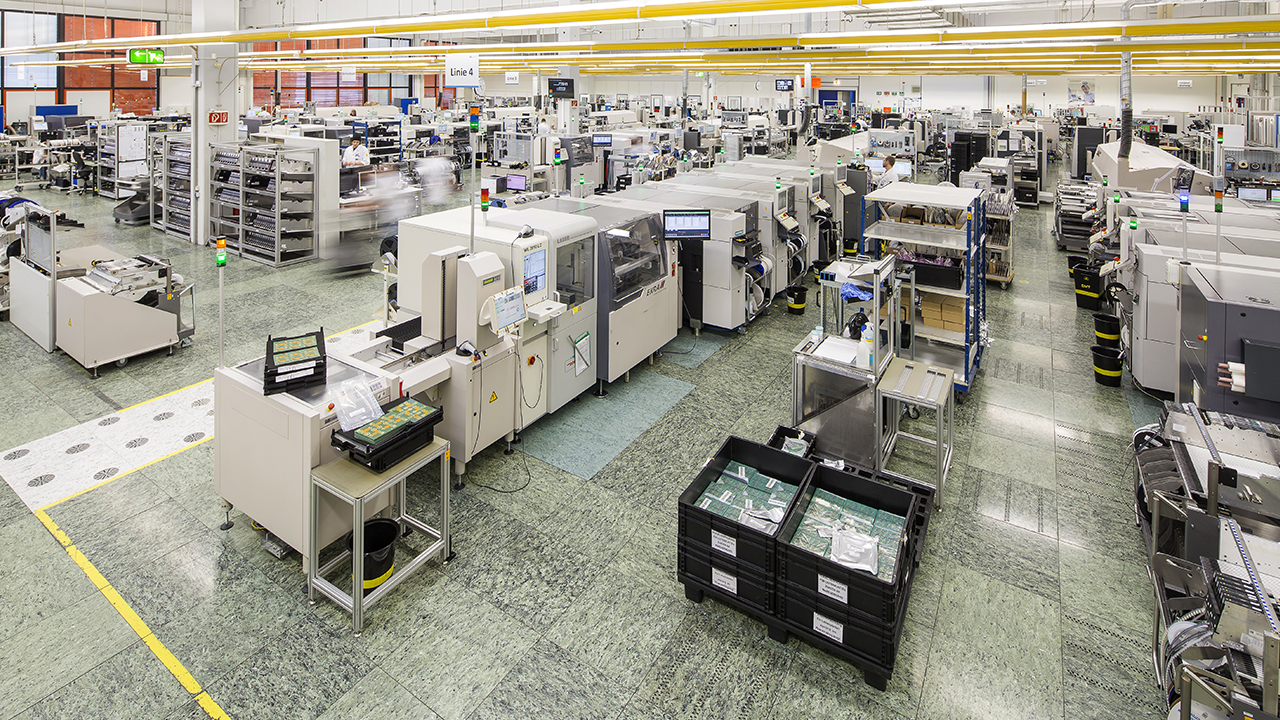
Engineering and Automation: A Symbiotic Revolution Shaping the Future
Introduction:
In the dynamic landscape of technological advancements, the marriage between engineering and automation has emerged as a transformative force, revolutionizing industries and shaping the future of human innovation. This symbiotic relationship has not only enhanced efficiency but has also paved the way for unprecedented possibilities. In this blog post, we delve into the realms of engineering and automation, exploring the synergies that are propelling us towards a new era of progress.
The Evolution of Engineering:
Engineering, as a discipline, has always been at the forefront of human progress. From ancient civilizations building awe-inspiring structures to the industrial revolution that brought about mass production, engineers have continually pushed the boundaries of what is possible. In the 21st century, the focus of engineering has shifted towards precision, sustainability, and integration with cutting-edge technologies.
Automation's Rise to Prominence:
Automation, on the other hand, has evolved from simple mechanization to intricate systems powered by artificial intelligence (AI) and machine learning (ML). The advent of robotics and smart technologies has allowed us to automate repetitive tasks, augment human capabilities, and optimize processes with unprecedented accuracy and speed. Automation is no longer confined to the factory floor; it has permeated every facet of our lives, from smart homes to autonomous vehicles.
Synergies in Action:
The synergy between engineering and automation is most evident in the field of Industry 4.0. Smart factories equipped with interconnected sensors, IoT devices, and advanced robotics are redefining manufacturing processes. Engineers are designing systems that leverage automation to streamline production, reduce downtime, and enhance product quality. The integration of AI in engineering processes enables predictive maintenance, optimizing resource utilization and minimizing waste.
In the realm of civil engineering, automation is transforming construction methodologies. Drones equipped with advanced imaging technologies are employed for surveying and monitoring construction sites, enhancing both accuracy and safety. Automated construction equipment, guided by AI algorithms, can execute tasks with precision, minimizing errors and reducing project timelines.
Energy Efficiency and Sustainability:
Engineering and automation are also pivotal in addressing global challenges, particularly in the pursuit of sustainability. Engineers are leveraging automation to design energy-efficient systems, monitor environmental impact, and develop renewable energy solutions. Smart grids, for instance, optimize energy distribution, reducing wastage and minimizing the carbon footprint.
In the automotive industry, engineers are working hand in hand with automation technologies to develop electric vehicles, incorporating smart features for energy management and efficiency. The integration of automation in transportation is not only reshaping the automotive landscape but is also contributing to the reduction of greenhouse gas emissions.
Challenges and Ethical Considerations:
While the partnership between engineering and automation brings about unprecedented benefits, it is not without challenges. The fear of job displacement due to automation has sparked debates about the ethical implications of widespread adoption. Striking a balance between technological progress and social responsibility is crucial to ensure that the benefits of automation are shared equitably.
Additionally, concerns about data security, privacy, and the ethical use of AI technologies must be addressed. Engineers play a pivotal role in developing ethical frameworks that guide the responsible implementation of automation, considering its impact on individuals, society, and the environment.
The Road Ahead:
As we navigate the complex landscape of engineering and automation, it is evident that their symbiotic relationship will continue to redefine industries and reshape the future. Engineers are at the forefront of this revolution, driving innovation, and harnessing the power of automation to create a more sustainable, efficient, and interconnected world. Embracing this transformative journey, with a commitment to ethical considerations, will undoubtedly unlock new possibilities and propel humanity into a future of unprecedented progress.



